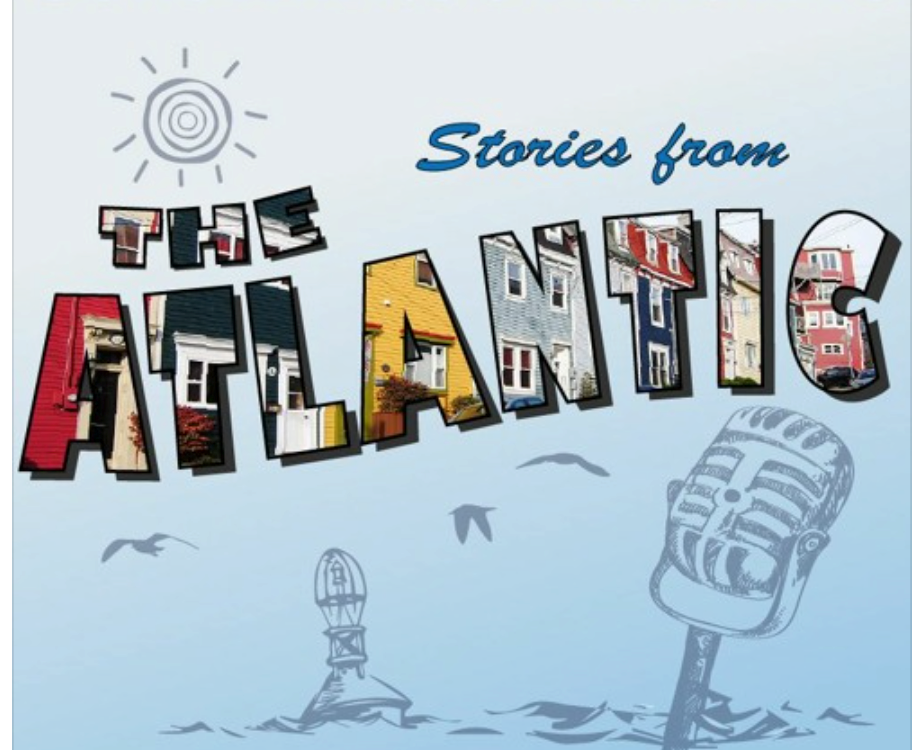EPI Faculty and Students Participate in Inaugural Labrador Research Forum

Iron and Earth East ‘Renewable Energy Speaker Series Event’
June 6, 2017
Labrador Research Forum – EPI Poster Presentation
June 6, 2017EPI faculty and students were able to attend and participate in the first biennial Labrador Research Forum, held April 30-May 3, 2017 in Sheshatshiu and Happy Valley-Goose Bay NL. The Forum brought researchers who are conducting studies in Labrador together from far and wide to share their research and expertise and to also acquire skills that are crucial for researchers to achieve their set goals. Professor Stephen Decker, Dr. Catherine Keske, and MAEP students Leanna Butters, Ifedolapo Mohammed, and Jason Dicker travelled to the Labrador Institute in Happy Valley-Goose Bay to present about research currently being conducted by EPI with partners like the Labrador Institute and the On the Move Partnership:
Professor Stephen Decker presented a series of posters on behalf of EPI. Three of these posters focused on the research, teaching, and public engagement work of EPI (including work done by faculty and students through the MAEP program). The fourth poster presented the NL Nature Atlas project as an example of EPI’s public engagement/outreach efforts.
The waste management session that Dr. Catherine Keske (Grenfell Campus), Morgon Mills and Jason Dicker (Labrador Institute) held during the Labrador Research Forum was to get input and ideas from researchers and public officials on how their project (Landfill and Waste Management in Remote Rural Communities Across the Canadian North) can be directed in a manner that will be useful for the town of Happy Valley-Goose Bay, NL. Dr. Keske spoke about the project and asked how we can take our next steps to work towards meeting the needs for the town of HVGB in terms of waste management. Mills discussed the important role of ReSDA (Resources and Sustainable Development in the Arctic) that is funding the project and the town of HVGB’s landfill and its importance to their project. The literature review work in relation to the project was conducted by Dicker. The current research behind the project is based on literature review work, specifically focusing on northern waste management practices and issues.
Leanna Butters (MAEP), co-facilitated a question-posing session on behalf of Dr. Kelly Vodden (EPI) with the help of Bojan Furst (The Harris Centre, MUN), and Ifedolapo Mohammed (MAEP). The session, titled “Examining the Implications of a Mobile Workforce for Labrador Communities”, invited residents and stakeholder in Labrador to offer suggestions and help define the scope of a proposed study. This study will identify impacts of employment-related geographical mobility (E-RGM) on Labrador communities. This research will be undertaken as part of the On the Move Partnership, a cross-Canada, 7-year SSHRC-funded partnership grant based at Memorial University, St. John’s NL. Dr. Kelly Vodden, Dr. Heather Hall (University of Waterloo) and Leanna Butters will return to Labrador in July 2017 to begin this research.
Ifedolapo Mohammed was given the opportunity to showcase her proposed research on “Examining Inuit perception on the impact of Muskrat Fall Hydroelectric project on food security” in a poster-session. She also got to co-facilitate a question posing session on “Examining the Implications of a Mobile Workforce for Labrador Communities”. In both sessions, she was able to make contact with various incredible people and co-researchers. Indeed, she was grateful for this opportunity.
The participants would like to thank the Labrador Institute and other Labrador Research Forum Partners (Torngat Secretariat, Happy Valley-Goose Bay, Fisheries and Oceans Canada, NunatiKavut, Nunatsiavut, and Innu Nation), for the opportunity to participate in the forum. It proved to be an invaluable experience for sharing knowledge and engaging with other researchers with an interest in beautiful Labrador.




